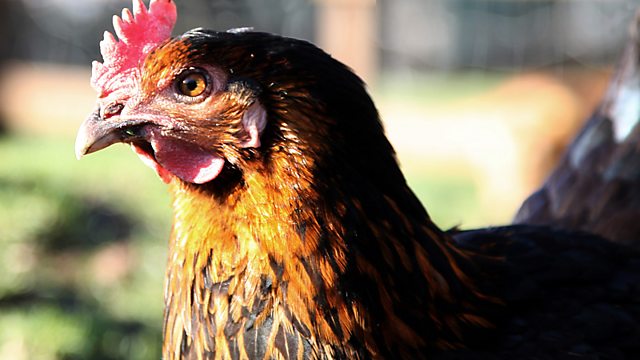
Deer Cull in Scotland; Yorkshire Potash Mine; Soil Compaction
Anna Hill explores the pros and cons of culling Scotland's ever increasing deer numbers. And new research confirms the impact compacted soil has on the yields of spring grass.
Anna Hill explores the pros and cons of culling Scotland's ever increasing deer numbers. It's a controversial issue. On the one hand the deer stalking industry is worth 拢105 million per year to the country, and it's thought to support about two and a half thousand jobs - but set against that is the substantial growth of deer herds, and the significant damage they cause to woodland, moorland and wildlife habitats. All this week Farming Today is looking at the deer industry. David Frew manages the National Trust for Scotland's largest estate, Mar Loge, and explains how they manage the 1,600 deer on their land.
All farmers know that cattle and machinery can damage wet grassland, especially in the winter, but for the first time, scientists have worked out exactly how much impact compaction of the soil can make on growing grass. A three year field study by researchers at Scotland's Rural College showed compaction by tractors will reduce the next spring's grass growth by up to 22 percent.
And we hear the latest on a controversial billion-pound potash mine in North Yorkshire. The mineral is key to the production of fertiliser. As we've reported before on Farming Today, what could become the world's largest potash mine, is planned for a site within the North York Moors National Park. A public meeting was held this week as part of the consultation on the proposals by York Potash.
Presented by Anna Hill and produced by Mark Smalley.
Last on
More episodes
Broadcast
- Wed 12 Nov 2014 05:45大象传媒 Radio 4
Podcast
-
![]()
Farming Today
The latest news about food, farming and the countryside

